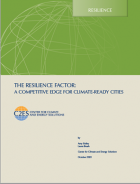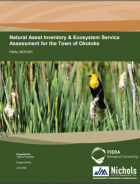Land Use Planning Topics
Land Tools Compendium: Eco-Development
References that have links are freely available on the internet.
Alberta Environment and Parks (2014). Efficient Use of Land: Implementation Tools Compendium. Government of Alberta.
Created in 2014 by the Government of Alberta, this compendium outlines tools and practices to implement strategies for the efficient use of land. The strategies are targeted to planners, landowners and developers, public land managers, and public service providers – anyone involved in land use decision making. Some of the strategies have been tested and applied within Alberta and other strategies are adapted from planning practices around the world.
Ahmed, K. (2012). Getting to green: A sourcebook of pollution management policy tools for growth and competitiveness. Washington, DC: World Bank.
This pollution management (PoMa) sourcebook has two major goals. First, it is intended to provide users with current information on available policy tools for pollution management. It is intended as a living document that will be improved over time through periodic review and be updated based on the lessons learned from its application. Second, the sourcebook puts forward the advantages of approaching pollution management through multiple stakeholders (each applying their own policy tools in parallel). This PoMa sourcebook builds upon and broadens the scope of The Pollution Prevention and Abatement Handbook (PPAH): towards cleaner production, published in 1998, and reflects the lessons learned from over ten years of experience and changes in the external environment. This sourcebook provides updated guidance on available policy tools for pollution management, namely parts one and two of the PPAH, reflecting the lessons learned and changes in the external environment in the last twelve years. Notably, this sourcebook shifts the approach on pollution management from an environmental management focus through primarily public regulatory instruments, towards an approach acknowledging that multiple stakeholders can affect pollution management






